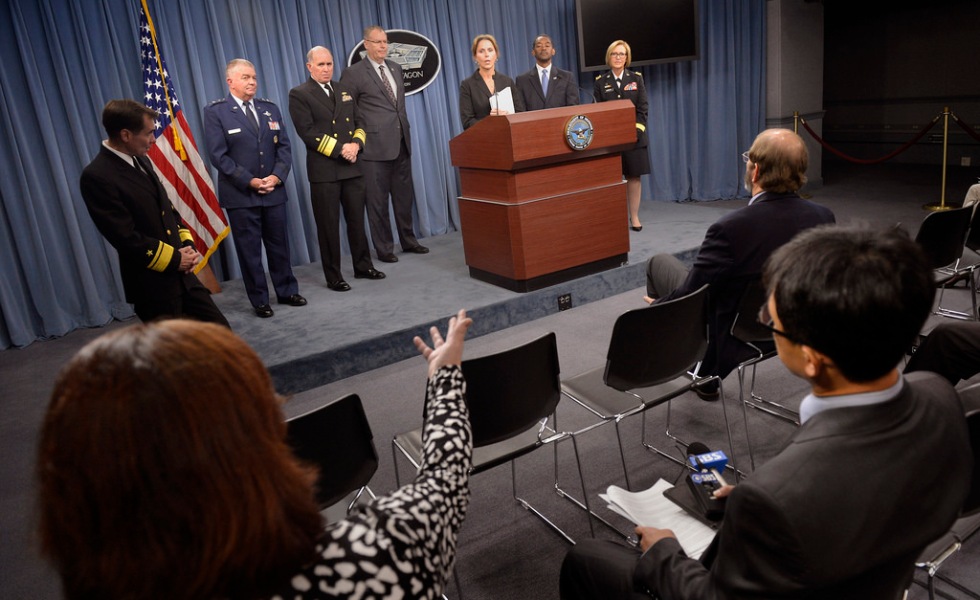What we should have been doing all along: Translational Epidemiology

When I was applying to get into the DrPH program, the interviewer — who would later become my academic advisor — asked me for my thoughts on Translational Epidemiology. Translational Epidemiology (TE) is the use of epidemiology in different stages between identifying a population-level problem to identifying a solution for it, to evaluating what that problem was. It is presented in four phases:
“In T1, epidemiology explores the role of a basic scientific discovery (e.g., a disease risk factor or biomarker) in developing a “candidate application” for use in practice (e.g., a test used to guide interventions). In T2, epidemiology can help to evaluate the efficacy of a candidate application by using observational studies and randomized controlled trials. In T3, epidemiology can help to assess facilitators and barriers for uptake and implementation of candidate applications in practice. In T4, epidemiology can help to assess the impact of using candidate applications on population health outcomes.”
Take this a little further, and a little to the left or right, and you have epidemiology and epidemiologists who guide policy. They identify the problem, look at the evidence for solutions, and then they evaluate the implementation of those solutions. When done right, the decisions made are science-based, and they are the right decisions for the right time.
Dr. Moyses Szklo, a professor at Johns Hopkins and also the editor-in-chief of the American Journal of Epidemiology, gave a talk at Harvard about translational epidemiology:
“Epidemiology is the study of patterns, causes, and effects of health in defined populations. Szklo defined “translational epidemiology” as the effective transfer of new knowledge from epidemiologic studies into the planning of population-wide and individual-level disease control programs and policies.
In addition to Snow’s famous work, Szklo cited a number of other public health policies influenced by epidemiologic findings, including cigarette advertising bans, food labeling requirements, and air pollution standards.
Szklo also discussed a variety of issues to think about when “translating” epidemiologic knowledge into interventions, programs, or policies. For example, he said, it is important to consider whether or not a particular association between one risk factor and a disease is “confounded”—if it is to some extent questionable because there are one or more other risk factors also at play.
“Translational epidemiology is not an exact science,” Szklo noted. “It’s judgment.”
In a question-and-answer session at the end of the presentation, HSPH’s [[Walter Willett]], chair of the Department of Nutrition and professor of epidemiology and nutrition, asked what Szklo thought of the notion that epidemiologists should not become involved in policy because it makes them less objective in evaluating their data.
Szklo acknowledged that while such involvement might pose a problem, “I don’t think it’s possible to talk about development of [health-related] policies without strong input from epidemiologists.””
I agree. It may be difficult to separate subjective judgment from objective evidence, but there’s really no good way around it. Policymakers need to act on the best science and evidence instead of acting on their gut instinct. (Gut instincts are notoriously off most of the time.) They need to be surrounded by people who know how to collect, analyze and interpret the wealth of information out there on a myriad of issues.
Unfortunately, there are plenty of policymakers who want nothing to do with science, evidence, or even with reality. That, or we epidemiologists shy away from having conversations with policymakers. We think that policy is not our purview, and that our purview is just to apply for research grants, do the research, get it published, and move on to the next bit of research… When, for all that time, we should have been doing the research, publishing the results, and then advocating for policy changes based on those results. We should have been calling our members of congress and telling them to do something based on what we found.
Because we haven’t been doing that, we ended up with a crappy healthcare system in the beginning and a very imperfect solution in the Affordable Care Act. Furthermore, because the policymakers think they know better and won’t listen to experts, we have the atrocity of a bill that cleared the House of Representatives recently. And don’t get me started on how the US Government has responded to Ebola, Zika and during the H1N1 influenza pandemic. Very few epidemiologists were being listened to then.